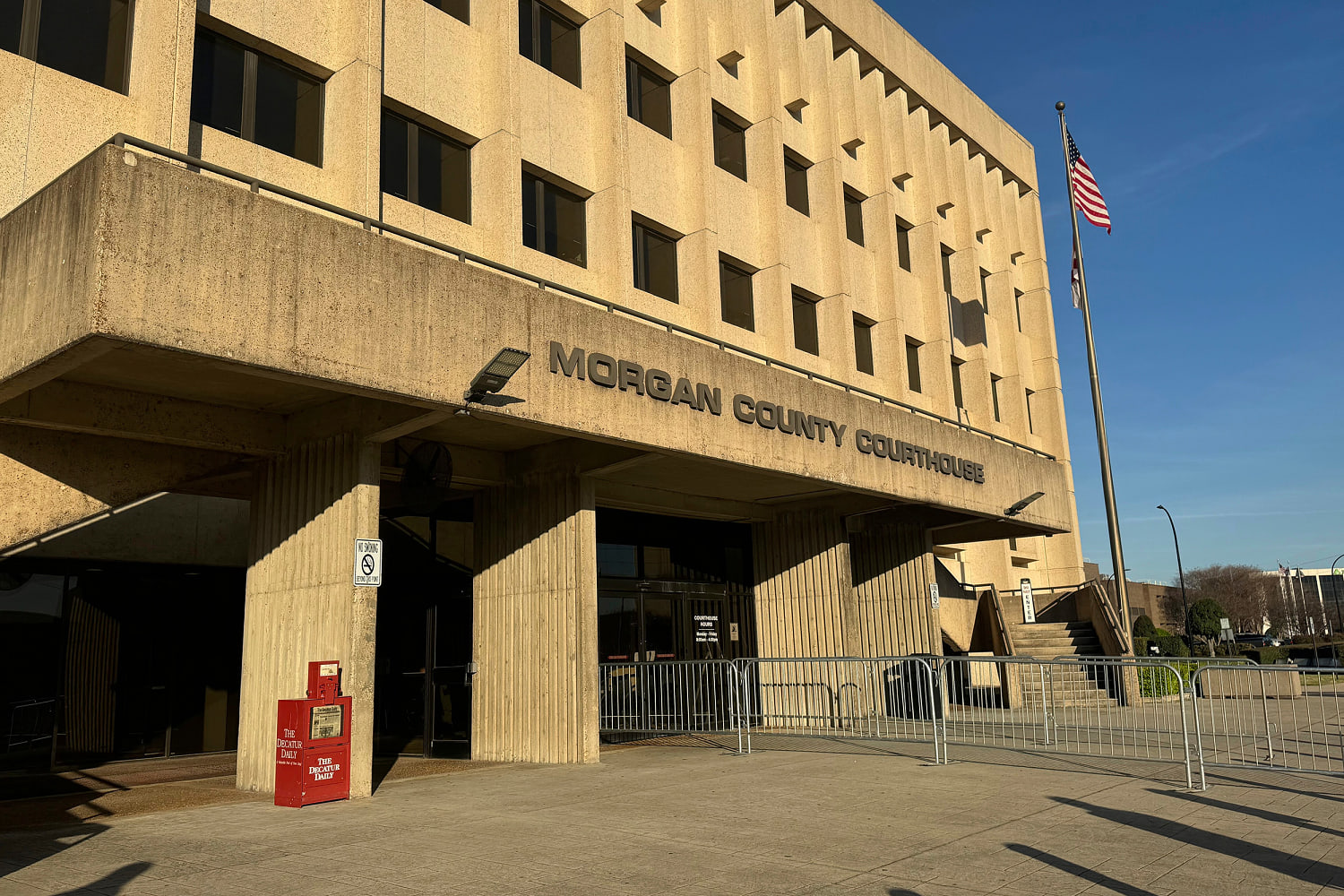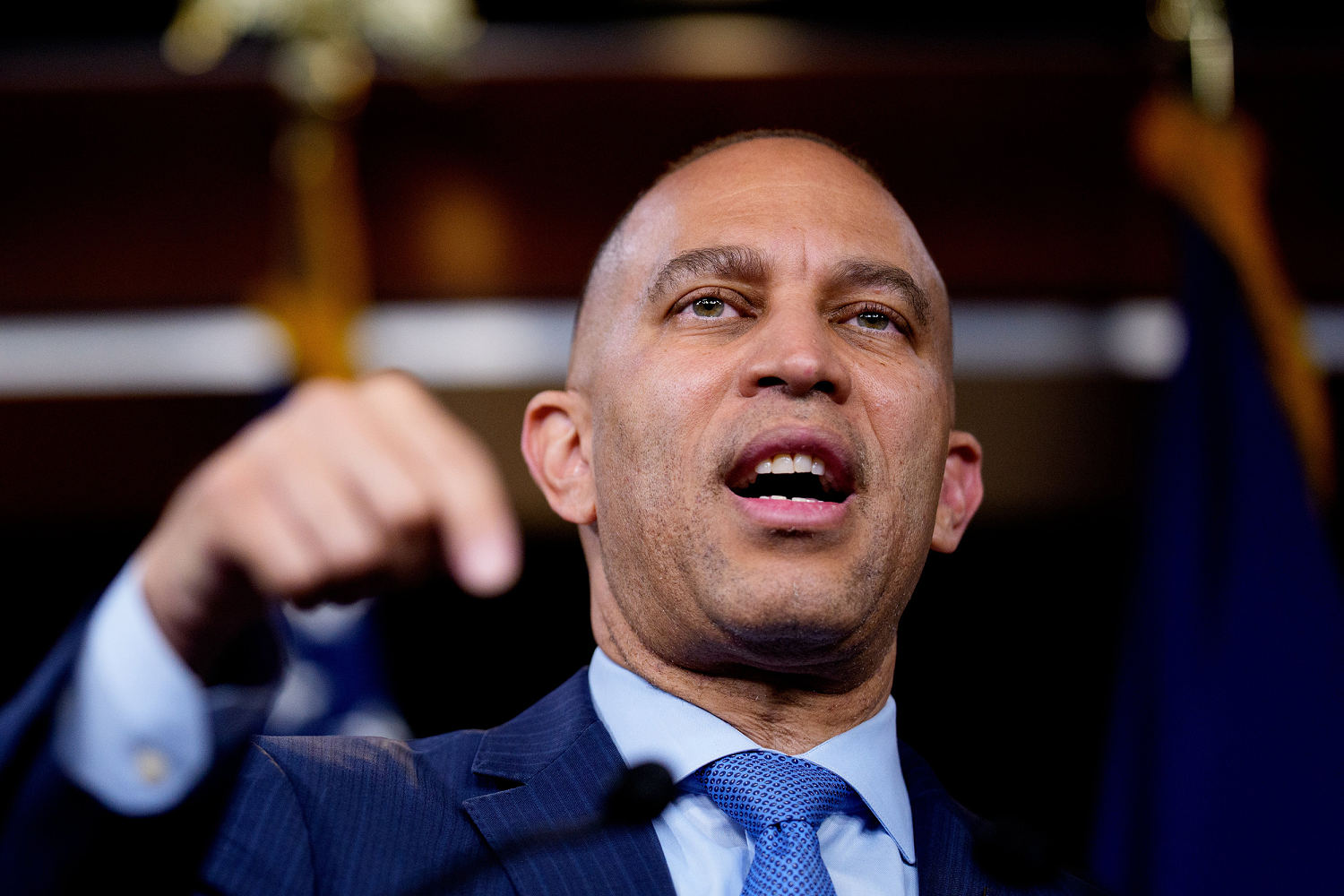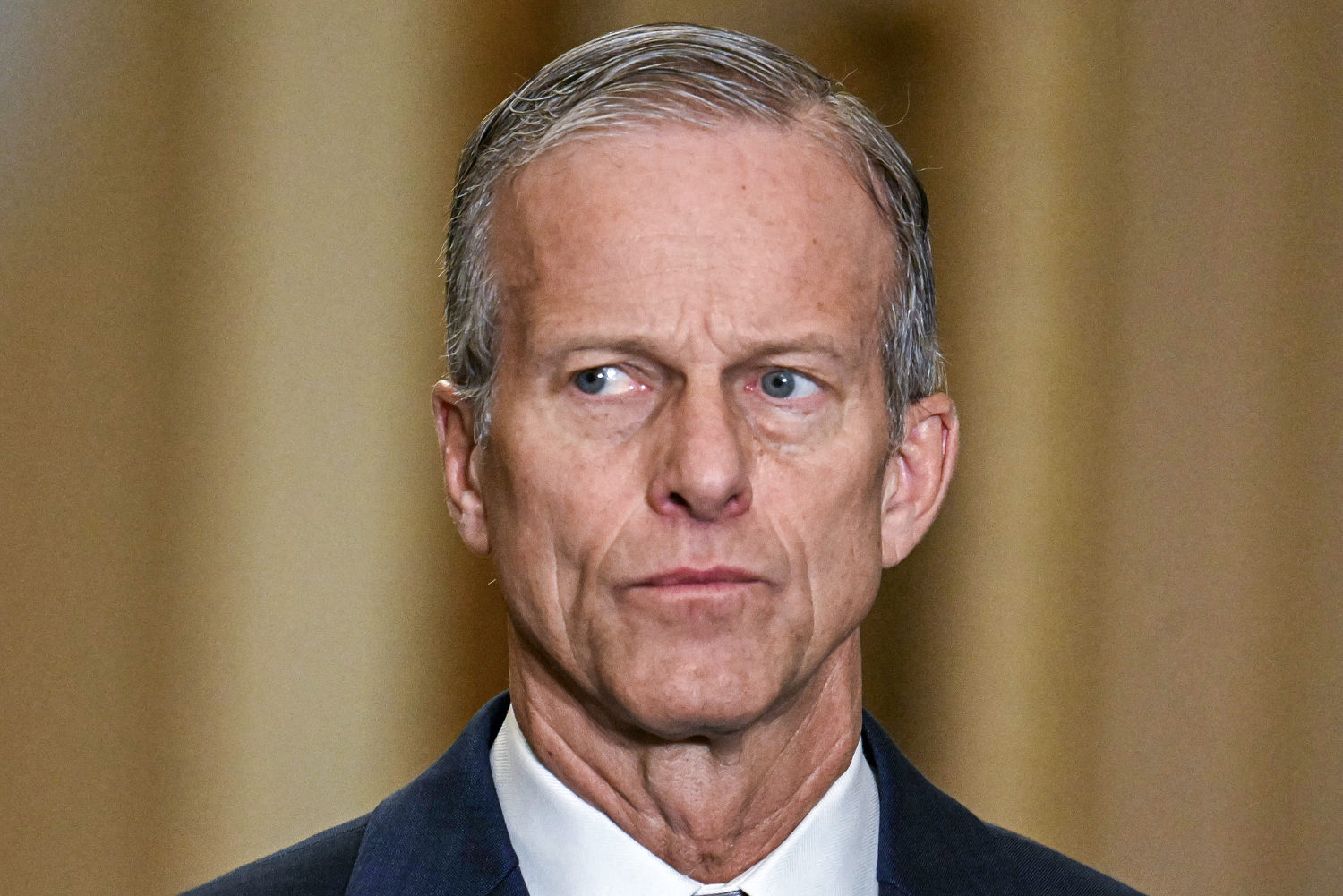A federal judge ruled that Alabama cannot prosecute people or groups who help women travel out of state to get abortions.
"It is one thing for Alabama to outlaw by statute what happens in its own backyard," U.S. District Judge Myron Thompson wrote in a Monday ruling.
“It is another thing for the State to enforce its values and laws, as chosen by the Attorney General, outside its boundaries by punishing its citizens and others who help individuals travel to another State to engage in conduct that is lawful there but the Attorney General finds to be contrary to Alabama’s values and laws.”
In his 131-page opinion, Thompson handed a win to abortion advocacy groups who sued Alabama’s Attorney General Steve Marshall (R) after he previously said he would consider prosecuting any person or organization that “aids and abets” in an abortion, utilizing the state’s criminal conspiracy law.
Marshall, who was appointed in 2017, has not, so far, carried out such prosecutions.
Thompson offered other scenarios of state overreach in his ruling.
“For example, the Alabama Attorney General would have within his reach the authority to prosecute Alabamians planning a Las Vegas bachelor party, complete with casinos and gambling, since casino-style gambling is outlawed in Alabama,” Thompson wrote. “As the adage goes, be careful what you pray for.”
After the overturn of Roe v. Wade in 2022, Alabama’s trigger law soon went into effect, making abortion almost entirely illegal in the state. The reliably red state has one of the strictest abortion bans in the U.S., with no exceptions for incest or rape.
"Today is a good day for pregnant Alabamians who need lawful out-of-state abortion care," said Jenice Fountain, executive director of Yellowhammer Fund, one of the groups that sued the state, in a statement following the ruling.
"The efforts of Alabama's attorney general to isolate pregnant people from their communities and support systems has failed."
A spokesperson for Marshall told news outlets that the “Office is reviewing the decision to determine the State’s options.”














